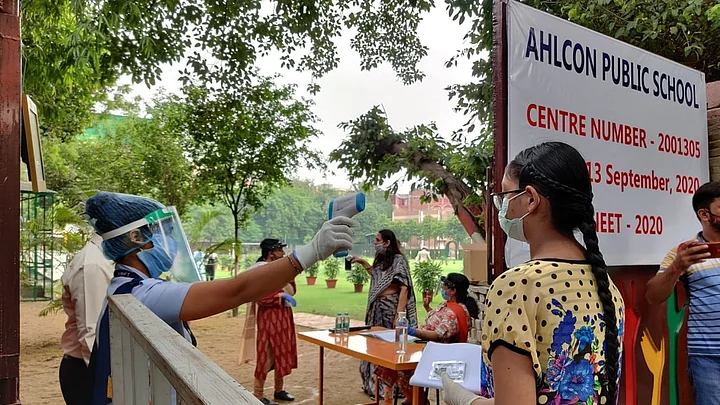The Supreme Court on Monday, 26 October, rejected a bunch of petitions filed by political parties in Tamil Nadu – including the ruling AIADMK – asking for 50 percent reservation for Other Backward Classes under the All India Quota seats surrendered by state-run medical colleges from this academic year, reported Live Law.
The verdict comes after the central government informed the apex court that it would not be possible to extend reservation to OBCs in medical and dental courses under AIQ seats surrendered by colleges run by Tamil Nadu this year.
What is All India Quota?
Usually, fifteen percent seats in state government colleges are reserved under the All India Quota, through which students from across the country can apply.
The remaining 85 percent seats in government medical colleges are reserved for the state quota. Students who qualify as domicile of a particular state can apply for a government college or deemed university in that state under this quota.
Can OBCs get reservation under state quota?
Although the Tamil Nadu government provides 50 percent reservation to OBC candidates in state quota, under the All India Quota, reservation is only provided to Scheduled Castes (15 percent) and Scheduled Tribes (7.5 percent) and not to OBCs.
The state quota is determined by respective state governments on the basis of the strength of each reserved category. Hence, SC candidates in Tamil Nadu enjoy 18 percent reservation, while ST candidates get 1.25 percent – which correlates to their population in the state.
Why did parties move the Supreme Court?
The original plea was filed before the Madras High Court, which in July this year had asked the Centre to form a committee which would fix the percentage for reservation of OBCs in All India Quota. However, the high court had clarified that the decision taken by the said committee would only be applicable from the next academic year.
Unsatisfied with the HC’s verdict, the petitioners had moved the Supreme Court.
(At The Quint, we question everything. Play an active role in shaping our journalism by becoming a member today.)
